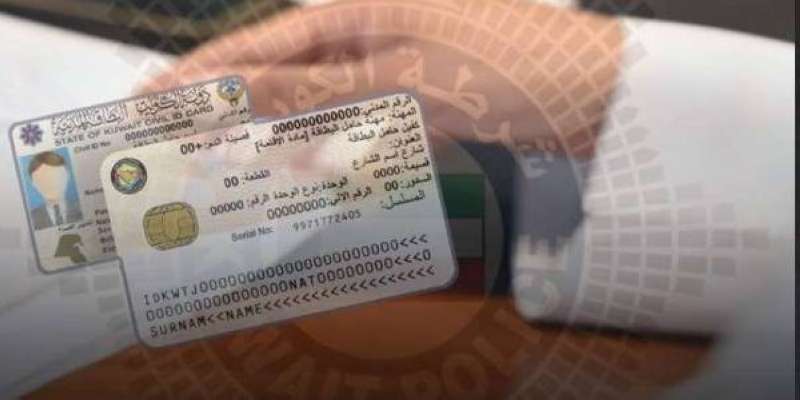The Public Authority for Manpower has recently issued a decision that prohibits the transfer of workers from the government sector to the private sector. This move aims to regulate the labor market and maintain a balanced distribution of the workforce between the two sectors. However, it is important to note that there are exceptions to this rule, which have been put in place to accommodate specific circumstances and support the stability of Kuwaiti families.
According to a report by Al-Rai Daily, the decision outlines three categories that are exempt from the prohibition:
- Husbands and children of Kuwaiti women and wives of Kuwaiti men: This exception has been made to recognize the importance of family ties and to support the stability of Kuwaiti families. It allows for the transfer of workers from the government sector to the private sector in cases where the individual is a husband or child of a Kuwaiti woman or a wife of a Kuwaiti man.
- Palestinian document holders: Palestinian citizens who hold valid documentation are also allowed to transfer from the government sector to the private sector. This provision aims to provide opportunities for Palestinian residents to explore employment in various sectors, contributing to their economic empowerment and integration into the workforce.
- University graduates under the age of 60: Individuals with a university qualification, who have not yet reached the age of 60, are permitted to transfer to the private sector. However, this is subject to the condition that their profession aligns with their qualifications and the nature of the roles they held within the government agency. This exception recognizes the potential benefits of allowing skilled individuals to contribute to the private sector, while also ensuring that their expertise is relevant to their new roles.
It is important for workers falling under these exceptions to carefully consider their eligibility and ensure that their transfer aligns with the conditions set by the Public Authority for Manpower. This will help avoid any potential issues or conflicts arising from the transfer process.
The decision to prohibit worker transfers from the government sector to the private sector, with the aforementioned exceptions, reflects the Public Authority for Manpower’s commitment to regulating the labor market and maintaining a balanced distribution of the workforce. By carefully considering the eligibility criteria and the nature of the roles being transferred, the authority aims to ensure that the private sector benefits from skilled individuals while also preserving the stability and integrity of the government sector.
It is worth noting that this decision is specific to Kuwait and its labor market regulations. Each country may have its own laws and regulations regarding worker transfers between sectors. Therefore, individuals seeking information about worker transfers should consult the relevant local authorities or legal experts to understand the specific rules and conditions that apply to their situation.
In conclusion, the recent decision by the Public Authority for Manpower to prohibit worker transfers from the government sector to the private sector in Kuwait has been accompanied by exceptions for specific categories. These exceptions recognize the importance of family ties, provide opportunities for Palestinian residents, and allow skilled university graduates to contribute to the private sector. By implementing these exceptions, the authority aims to strike a balance between the two sectors while ensuring a regulated and balanced labor market. Individuals considering a transfer should carefully review the eligibility criteria and seek guidance from the appropriate authorities to navigate the process smoothly.
Source: TimesKuwait







